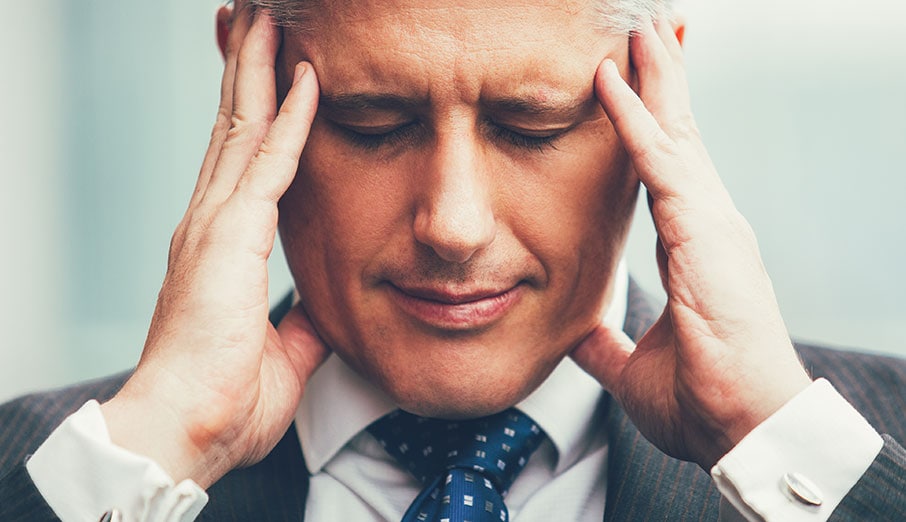What is Chronic Pain and What do We Do About it?
August 31, 2018
The treatment of chronic pain is a particular interest of mine. So I thought I should probably take the time to discuss what is meant by the term “chronic pain”, what causes it and how a physio can help.
It’s a huge topic, so I will discuss it in very simple terms in this post and will expand on various aspects of it in future posts.
“Chronic pain” in its simplest definition simply means pain that has persisted for longer than three months. This three month timeframe differentiates it from “acute pain” because damaged tissue will repair itself over the course of three months. Therefore the simple model of pain being the direct result of tissue damage does not explain pain that has persisted for longer than three months, and so this pain is termed “chronic”.
My interest in treating chronic pain is driven mainly by two things:
- Chronic pain often causes sufferers further issues beyond simply the pain they feel. It can cause them to withdraw from activities, which in turn can cause further weakness, stiffness, muscle tightness and pain, as well as potentially causing social isolation, strained relationships and financial difficulties where pain effects one’s capacity to work.
- There has been significant advancements in our understanding of pain in recent years and our capacity to help reduce their pain and improve their quality of life. Many people with chronic pain may have given up because they were not satisfied with treatment and information they received about their condition in the past.

Some important things for sufferers of chronic pain to know are:
- Pain does not directly equal tissue damage or the risk of tissue damage
- The pain is real. It’s no more ‘made up’ or ‘in their head’ than the pain you might feel when someone kicks you in the shin
- The fact that psychological factors, social/cultural factors and behavioural factors influence their pain DOES NOT MEAN that the pain is “their fault“
- The fact that a wide variety of these factors may influence their pain means there is a wide variety of potential ways we can help treat/manage their pain
- Chronic pain sufferers do best when they are helped to take control of their own recovery, rather than relying purely on passive treatments, or not getting treatment at all
So how can physios help you to manage your chronic pain?
The management of chronic pain is largely about education and problem solving. Providing you with a good understanding of your condition helps you better take control of your recovery. Other strategies we can use to assist in your recovery include:
- Advice on appropriate “pacing techniques” to help you return to higher levels of activity
- Help to ID and change negative thinking patterns and coping strategies
- Development of effective stretching, strengthening and other exercises
- Planning of pain-causing tasks to help them more easily be achieved
- Use of relaxation training and techniques

-
 What Can Make Neck Pain a Headache?
What Can Make Neck Pain a Headache?
Often people experiencing a headache are also experiencing neck pain/tightness a...
-
 How Physio Can Help Your Headaches
How Physio Can Help Your Headaches
Headaches are no fun. Some people will only experience short-term headaches ever...
-
 Muscle Strains
Muscle Strains
Winter sports are back and with them come more muscle strains, particularly hams...
